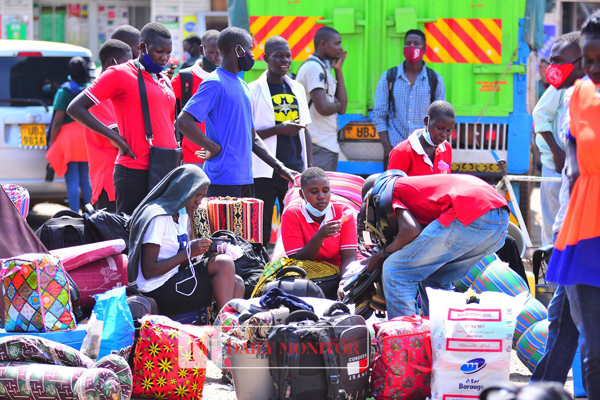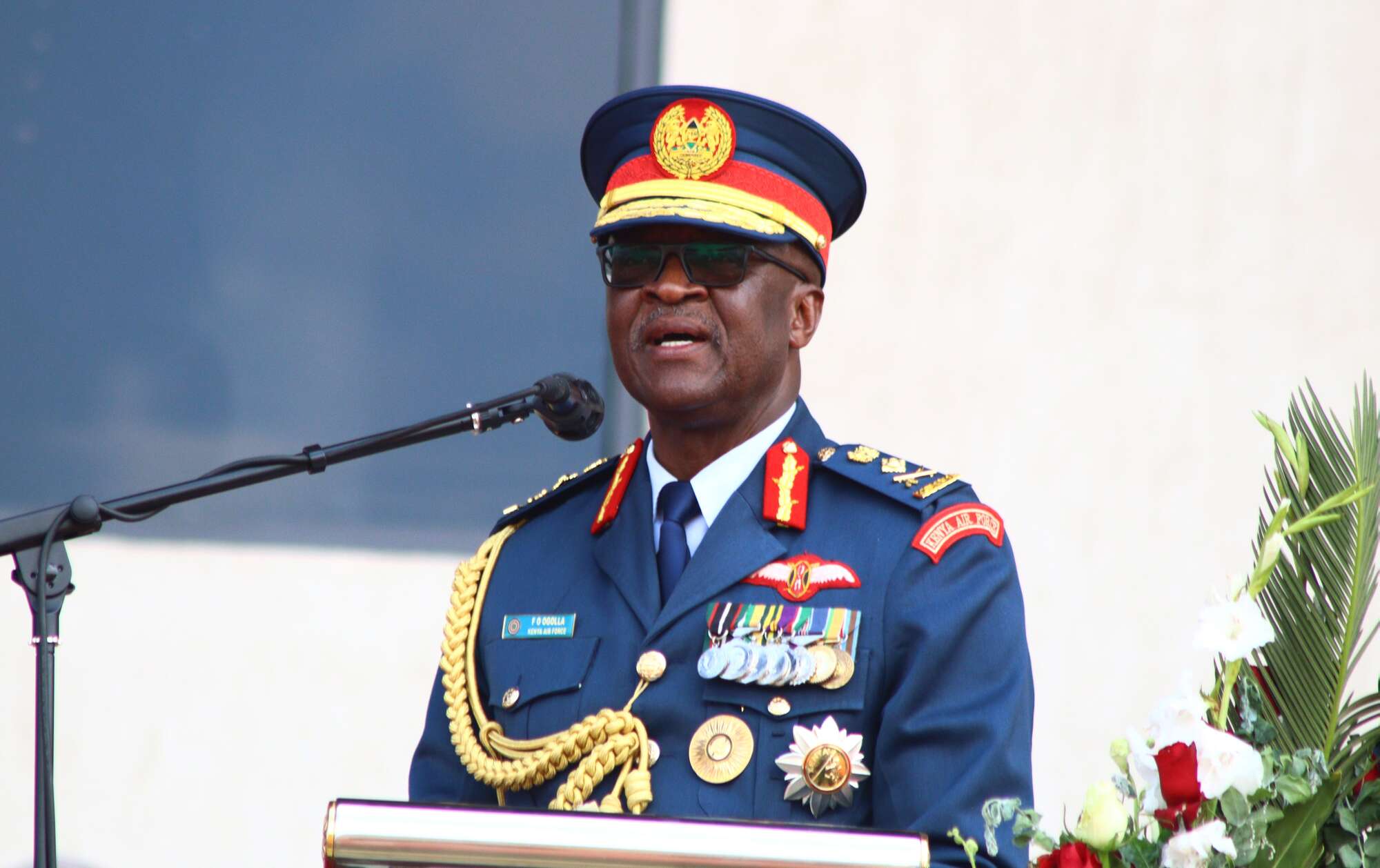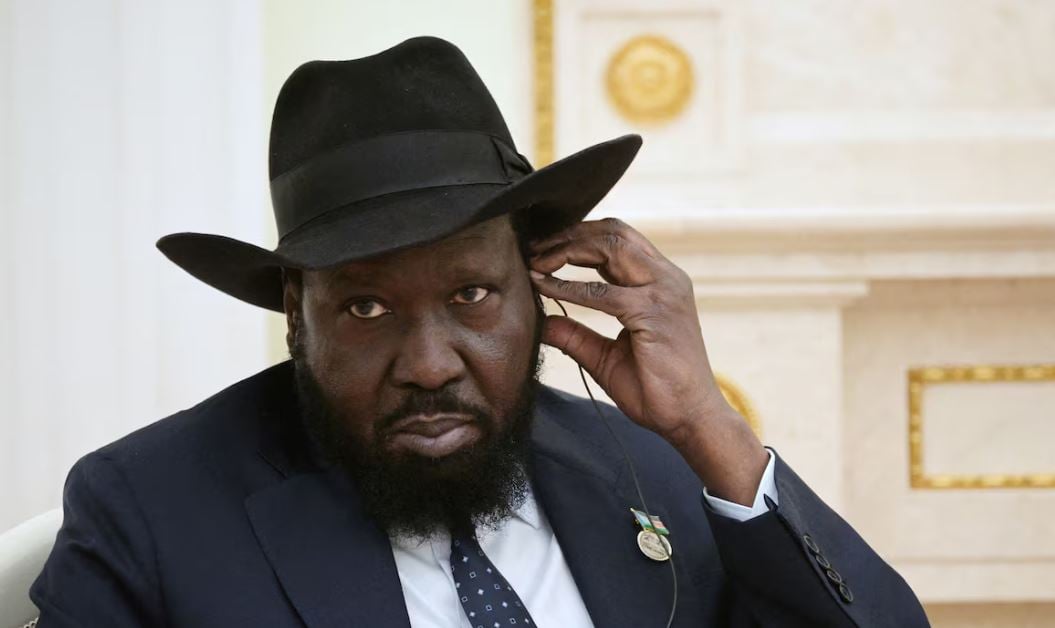Top five concerns for parents, learners as country locks down

Students from St Joseph’s SS Kyembogo, Kyenjojo District stranded at Namayiba bus terminal on tuesday after they were told to pay Shs120,000 to Lira, money neither they nor their parents had. PHOTO | MICHAEL KAKUMIRIZI
What you need to know:
- Following the presidential directive on June 6, to close all education institutions as a control measure against the spread of Covid-19, parents, schools and learners have been counting losses, struggling to accommodate changes and seeking answers in a climate of uncertainty.
On June 6, when the president was due to give his speech that would later determine the fate of our next days as a country, John*, an anxious private owner of a primary school in Ndejje on Entebbe Road, asked whether I had any inside news of where the “big man’s” speech that evening would leave schools and learners in general. When I couldn’t offer any news because I didn’t have any, John went on to confide how sick with both worry and fear he was over the possibility that schools might close again.
“Things were slightly getting better and with more classes opening for school, there was a ray of hope that we would be back on track both academically and financially as school owners. But now that the cases are rapidly increasing, I do not know what we are going to do if we are closed again,” he started.
Aware that this was only the tip of the iceberg, I prompted him with the question of what having schools closed again would mean to him.
Recovery no more
“Financially, it is going to be hard. Most of the classes have been closed for over a year. When the government allowed us to have them back at school, we had a lot of preparation to do. Some of us took out loans from banks to ready for the school term; have more SOPs in place, readying the classrooms and the whole school, recruiting and re-calling teachers back to handle the learners. My hope was that we were going to start earning and pay back loans as more learners returned to school. All this is now being threatened,” he concluded with a frown.
As fate would have it, a 42-day lockdown was imposed by President Yoweri Museveni during his address on June 6. Schools were not spared, aborting both the continuing and new school terms.
June 7, the day after Museveni’s speech, was meant to be the reporting day for Primary One up to Primary Three learners together with secondary school students of Senior Three and Five who were resuming school for a promotional term after more than a year out of school.
Primary Six was also meant to resume for their final promotional term.
Primary Four and Five were meant to return to school in August. Senior One and Senior Two academic terms were already in progress.
The other affected group are students whose schools were being used as marking centres for UNEB Examinations. These had been prematurely sent home before the close of their school term. They had just returned when schools were closed.
At universities like Makerere University and MUBS, the end of Semester One examinations were also halted.
Financial implications
Two weeks ago, before the closure directive was issued, Joweria Lukwago, a mother of four sent her two daughters in Senior One and Two back to school after the break as their school hosted an examination marking centre.
“Sending them back home before the term had ended was already an inconvenience, but since I knew the situation in the country, I didn’t mind too much. When I was sending them back two weeks ago, I didn’t send them empty-handed. I had to do some shopping and pay the balance of tuition. They had barely settled in and now they are back home, which means an extra financial cost now that they are home, and even later when they resume school,” she shares.
Like Lukwago, Alfred Mangeni faces the same predicament. After a year out of school, his Primary Three daughter had outgrown all her uniforms, sportswear and sweaters which he had replaced a few weeks ago in preparation for the school term. In addition to that, new scholastic materials had to be bought and the school requirements readied.
“I also had some money that I had saved up, and which I used to pay half of the school fees, although the term had not started. So, after spending all that money and we are told that the schools are closed again is very disheartening,” Mangeni says.
Schools are also in trouble. “This closure has once again affected us as school operators. We had prepared to receive the next batch of learners of Primary One to Three and that preparation involves procurement of scholastic materials, food such as posho and beans, more SOP requirements and the school had already spent money in anticipation of receiving learners,” Bob Mulekeawoze, the acting headteacher Right Care School, Zana shares. In addition to this, he adds, staff had just been brought back and just as they were settling in, they were sent home again.
The school head believes that government should give priority of having learners and teachers vaccinated so that education institutions can continue with their work.
Academic regression
There is also fear of academic regression, as learners continue to lose both interest and learning outcomes from their education. Frida Aduno, a teacher at Clark Junior School has her fingers crossed in hope that the lockdown on schools does not stretch beyond six weeks.
She shares that although schools capitalised on online learning, it was not effective for all children as evident when they returned to school.
“Having my students back to school was a relief but the struggles of getting them up to speed have been enormous; from simple routines of sitting down and focusing on the activity at hand to things like being nice to classmates. The few weeks with them has been mainly creating routine and restoration of behaviour. Just when I thought I now had things under control, we were closed and I am worried they will relax back to home mode and a struggle to get them back on track will ensue when they return,” she explains.
Christine Akello, a teacher at St John Secondary School, echoes the concern of academic regression. Before schools resumed, she says, teenage pregnancies, child marriages and child labour were on the rise and when schools resumed, a large number of learners dropped out. Now that a second lockdown is in place, she is concerned more learners will lose interest and drop out, leaving the education level of the country at stake.
The future of education
More pronounced of all is the uncertainty about the future of education as the country braves the pandemic. As learners in international schools continue with their education, the future of learners in local schools remains a big question.
Mulekeawoze, a school head at Right Care School, puts it this way: “The learners were just starting to settle in yet there are those who have now lost over a year of their academics, and still, we do not know what will happen in the near future.” He further notes that apart from the classes that were recently stopped, there is also a group of learners that was in kindergarten who will not be completing it and another group that was on the waiting list to join kindergarten. If these were four years old by the time the pandemic hit, he believes these are likely to join school when they are six years old since schools have been closed for over a year already.
“This will affect them as well as the entire cycle of education. It may take us a lot of time to recover,” Mulekeawoze shares with concern.
Continuity of learning
When the first lockdown on schools was imposed in March 2020, the government rolled out a programme for learner continuity. Learners in rural areas were to receive learning materials. Mass media was used especially for those in urban centres. Whereas the effectiveness of these is still a subject of debate, the question looming in parents’ heads is learning continuity in this second lockdown.
Whereas some schools and teachers are willing to rise up to the challenge: to be more creative with how to support learners, multi-task and even adopt new modes of teaching, there is concern for vulnerable learners in rural areas and those with learning difficulties, who have already been affected by the first lockdown.
“With such learners, it takes their teachers to fully understand their learning styles and so remote learning is not very effective for them. Then there are those who are going to miss the foundation of primary school and we know that once the basics such as reading, counting and simple arithmetic are missed at this lower level then the child is most likely to struggle as they academically progress, Aduno further comments.




